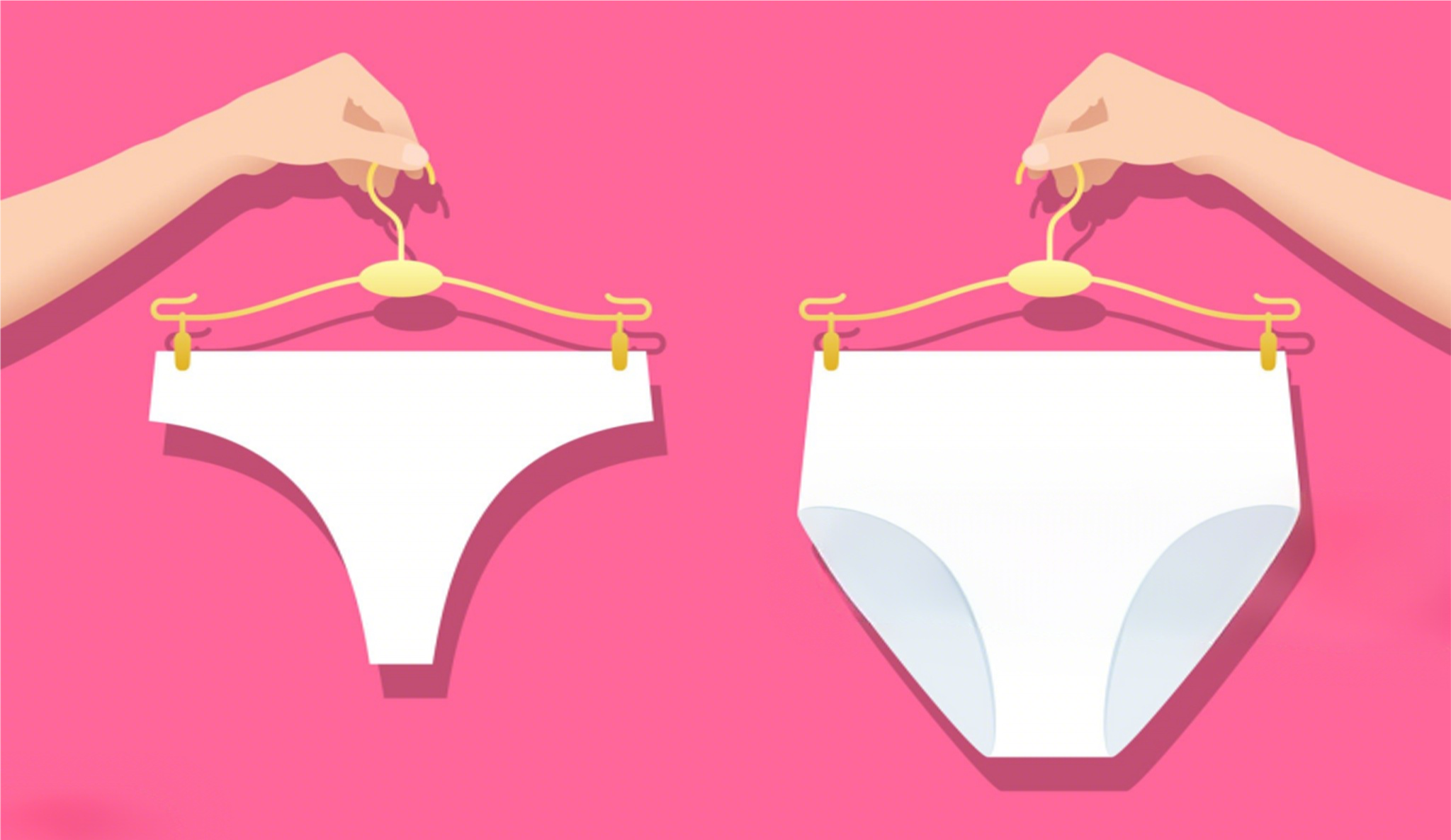
Detailed Introduction of Underwear Products
To purchase underwear in the United States, there are several channels available, each offering different price ranges and purchasing methods depending on factors such as material, style, brand, and order quantity.
1. Direct Import (Through Manufacturers in China, Bangladesh, Turkey, or Vietnam)
Channel:
Directly importing underwear is a common approach for businesses sourcing lingerie, men’s briefs, or shapewear from manufacturers. You can find suppliers through B2B platforms like Alibaba, Global Sources, or Made-in-China, or by attending international trade fairs such as Interfilière (for lingerie) or Magic Las Vegas (for apparel). Establishing long-term partnerships with overseas manufacturers can help secure better pricing, custom designs, and a stable supply chain.
Price:
The cost of underwear varies based on material, type, and order volume.
Bulk purchase (basic cotton styles): $0.50 – $2 per unit.
Mid-range (modal, bamboo, or seamless designs): $2 – $8 per unit.
High-end/luxury (organic cotton, lace, or branded styles): $8 – $30+ per unit.
2. Wholesale Market
Channel:
Major U.S. cities like Los Angeles, New York, and Miami have wholesale apparel markets that offer various underwear products, including:
Men’s underwear (boxers, briefs, trunks)
Women’s lingerie (bras, panties, shapewear)
Children’s underwear (organic cotton, multipacks)
Private-label options (custom branding for businesses)
These markets allow buyers to inspect quality, negotiate pricing, and discuss shipping/payment terms directly with wholesalers.
Price:
The price of underwear in wholesale markets typically ranges between $1 – $20 per unit, depending on factors such as:
Material (cotton, microfiber, silk, sustainable fabrics)
Design (basic, seamless, lace-trimmed, athletic)
Branding (generic, private-label, or luxury packaging)
Bulk discounts (orders of 500+ units may reduce costs by 20–40%).
Additional Notes:
Retail Options: For smaller orders, retailers like Amazon, Hanes, or Jockey offer wholesale/dropshipping programs.
Customization: Many manufacturers provide OEM/ODM services for custom fabrics, prints, or labels.
Compliance: Ensure fabrics meet Oeko-Tex or FDA standards for safety and quality.
MOQs: Direct imports often require 1,000+ units, while wholesalers may offer smaller batches (100+ units).